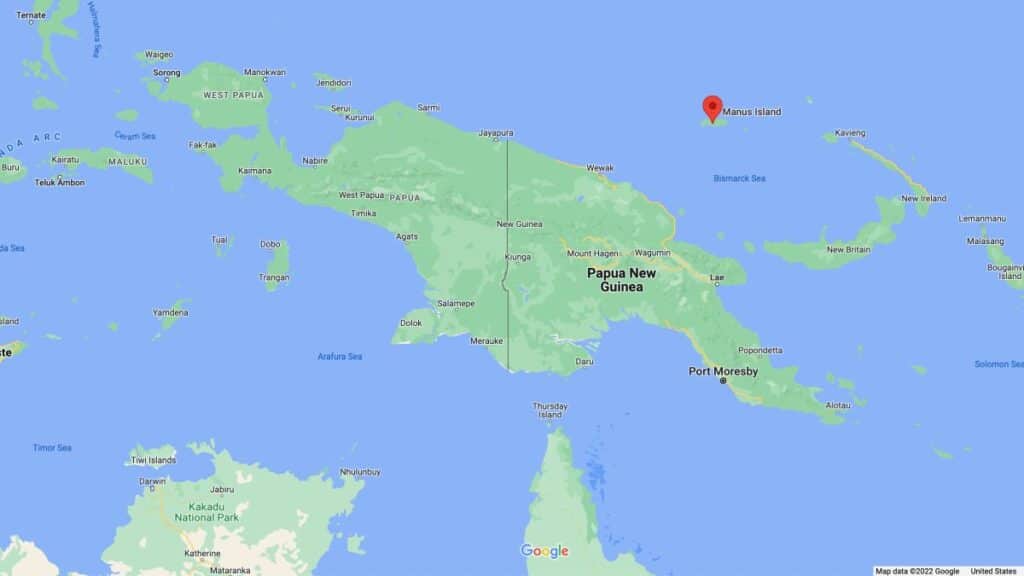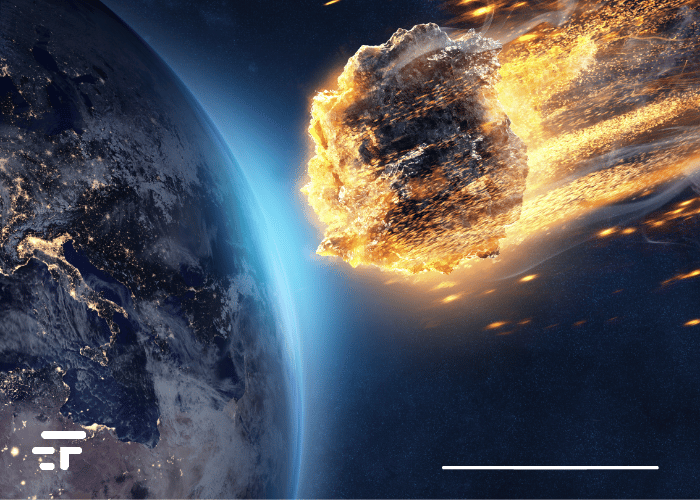Harvard astronomers plan a unique "magnet fishing trip." The prey? An extraterrestrial intruder, the small meteorite from another star system crashed into the Pacific Ocean on January 8, 2014 with an energy equivalent to about 121 tons of TNT.
The team hopes to find fragments of this interstellar rock known as CNEOS 2014-01-08. “Finding such a fragment would represent the first contact humanity has ever had with material from beyond the solar system,” he says Amir Siraj, an astrophysicist at Harvard University and first author of a new paper published on ArXiv (here is the link).
A foreign visitor
Siraj identified the object's interstellar origin as one 2019 study with a safety of 99,999%. Final confirmation in May 2022. The interstellar object entered the Earth's atmosphere about 160 kilometers from New Guinea in the middle of the night: its energy was equal to 1% of the atomic bomb on Hiroshima. Not bad for a "stone" of half a meter.
The first interstellar object ever discovered.
After him, a "superstar": that strange 'torpedo' called Oumuamua, detected in 2017 and sped at over 90.000 kilometers per hour in our solar system. Behind its wake, the amazement of astronomers and theories about its origin (including those of intelligent origin, the most radical, elaborated by the astronomer Avi Loeb).

A giant magnet to catch him
About 500.000 euros is the sum already raised by a project, called "Galileo" and developed by Loeb and Siraj. It is the project (with a final cost of 1,6 million euros) that aims to fish CNEOS 2014-01-08 from the ocean with a large magnet.
How big? More or less like a double bed. We still don't know when the rendezvous will take place, but we know where: 300 km north of Manus Island in the southwestern Pacific Ocean.
Will be difficult? Astronomers say no. “Most meteorites contain enough iron to attach to the type of magnet we plan to use for ocean expedition,” Siraj says. Ultimately, the tiny fragments of the meteorite could measure as little as 0,1 mm in diameter.
A 'space' journey on our planet, to discover mysteries that come from afar. I like.


